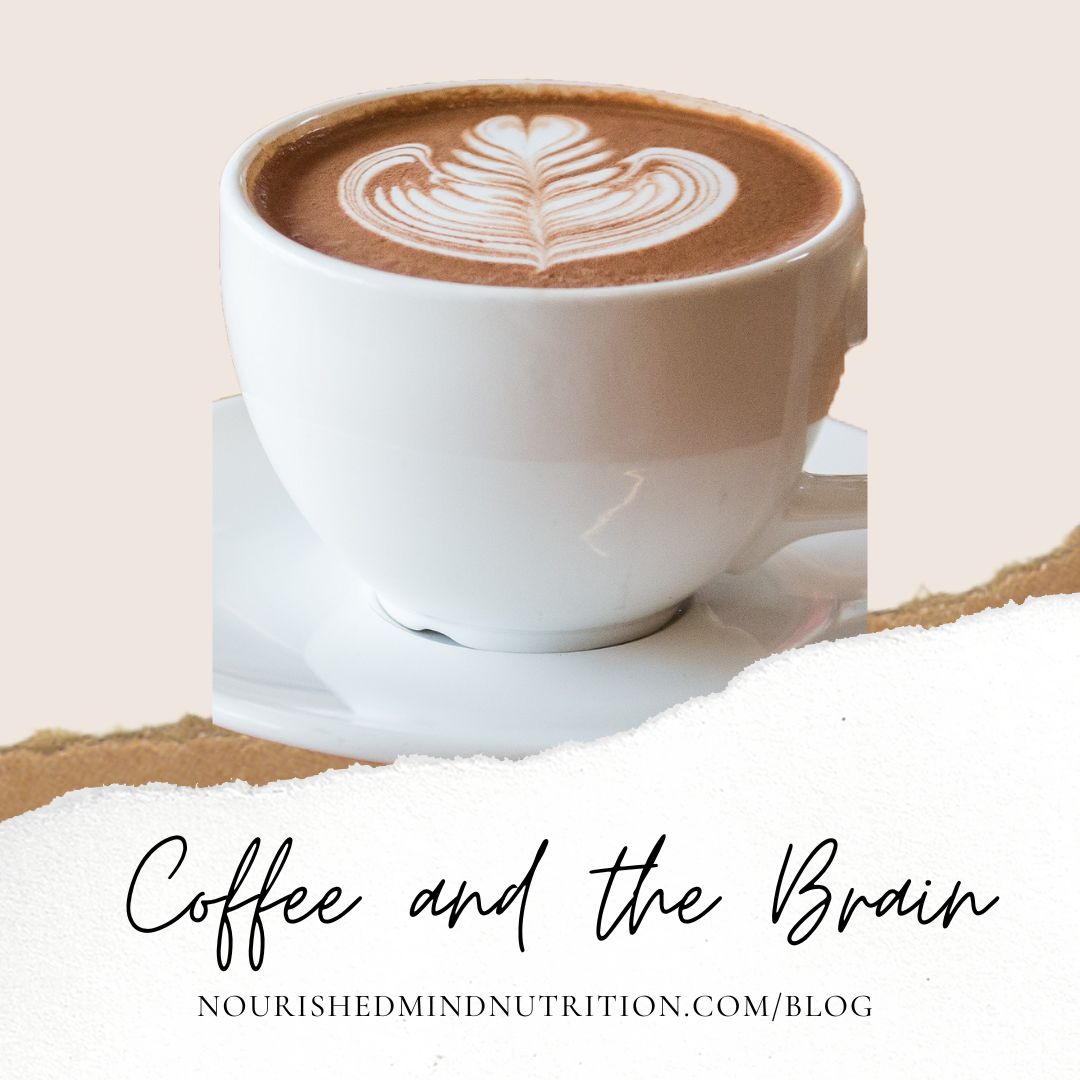 Coffee, tea, soda, and energy drinks. These are some of the everyday beverages we consume. Especially when we have long nights and early mornings, or a never-ending workday. Maybe even kids that wake you up in the middle of the night, or exams and homework that just need to get done. Sometimes we just need that boost that coffee gives us, a little pick-me-up to start the day or to just keep going. All those drinks have caffeine in them, something that most of us are very familiar with. On average, Americans consume 179 mg of caffeine a day. But what does caffeine even do? How does it impact our brain and mental health? Caffeine is a stimulant. It plays a role in reducing drowsiness (which is why the morning cup of coffee is a go-to for many people). It has also been shown to increase concentration, motor coordination, and alertness. There is also an effect on learning and memory. Depending on genetics, people react to and breakdown caffeine differently. Some people are more sensitive to caffeine, so it takes longer to metabolize and its effects will last longer. On average, caffeine will reach its peak effectiveness 30-60 minutes after consumption. Half of the caffeine consumed will break down within 2-10 hours—this wide range is a testament to how differently each person experiences caffeine! Be wary—stimulants such as caffeine can be addictive. People also build up a tolerance, so they’ll consume more and more caffeine to feel the same effects that they did before. The problem is that your body is taking in a lot more caffeine. This can lead to sleep problems, jitters, increased heart rate, and overstimulation. So, what does caffeine do to our brain? How does it impact different neurological disorders? Does it affect men and women differently in these disorders? We’re going to talk about caffeine and how it impacts our brain and mental health over two parts. In this first part, we will focus on neurological disorders. The second part will discuss caffeine’s impact on mental health. There are theories that coffee plays a protective role when it comes to some neurological diseases, including stroke, dementia, and Parkinson’s disease. Looking at research studies, people who drank at least 3 cups of coffee a day had a reduced risk of stroke. With dementia, women (more so than men) had a reduced risk of developing dementia. In Parkinson’s disease, high caffeine intake has been associated with having a protective effect, including decreased rates of Parkinson’s disease in men. (In women the correlation is a lot smaller). It’s also important to note that caffeine may help reduce the risk of developing these disorders, but once the disorder is present there is not a lot of research to suggest that caffeine will reduce the severity of the disorder. What does this mean for us? More research needs to be done in further understanding and interpreting these connections. According to the USDA guidelines, the recommendation for a safe level of caffeine intake is less than 400 mg per day (or about four 8-oz cups of coffee). If you’re curious how much caffeine you are consuming every day, check out this chart with a wide variety of common food and beverages and their caffeine amount. We’ve seen that some benefits of regular caffeine intake include protection against dementia and stroke more strongly in women, and protection against Parkinson’s disease in men. Based on these research findings, caffeine intake seems to help decrease the risk of the development of neurological disorders such as dementia, stroke, and Parkinson’s disease for some people. This doesn’t mean that it is wise to drink a ton of caffeine every day, but—good news for coffee-lovers—a moderate amount daily might be helpful in maintaining good brain health. If you’re interested in finding out how caffeine impacts risk of mental health disorders, stay tuned for part 2! Main research article for more information: https://www.mdpi.com/851178 Chart for caffeine intake in foods/beverages: https://www.cspinet.org/caffeine-chart If you’re interested in learning more about how your dietary choices influence your mental and neurological health, reach out or schedule a virtual telehealth appointment with Erica Golden, RDN, LD, IFNCP. She specializes in nutrition for mental and cognitive health. Madison McGaughMadison is a senior at Texas A&M University majoring in nutrition with a minor in psychology.
0 Comments
|
AuthorErica Golden, RDN Archives
March 2024
Categories |
 RSS Feed
RSS Feed
